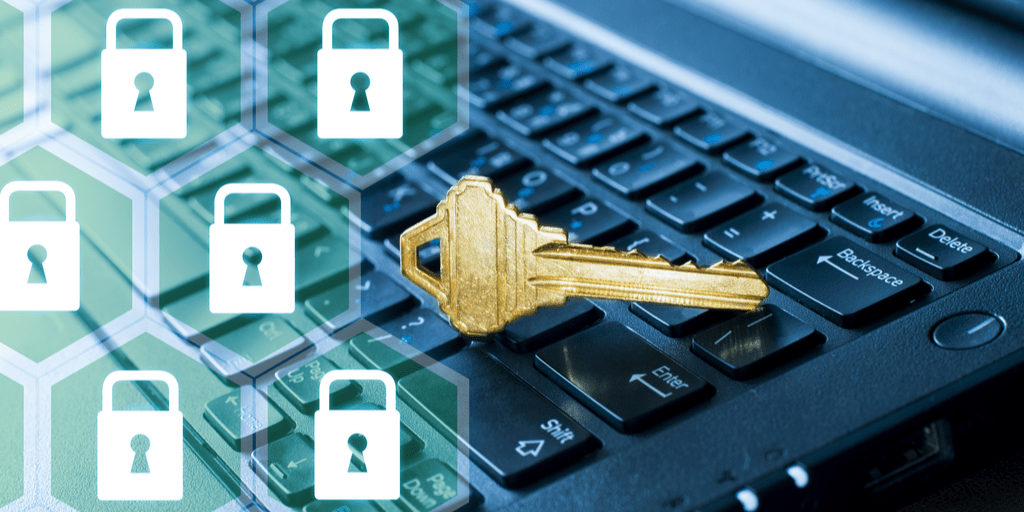
UK Grocery Inflation Eases to 5% in August 2025
UK grocery inflation eases to 5% in August 2025, showing slight relief. Consumers shift to value shopping as branded items rise and dining out declines.

The pandemic has created a massive ground to breed hackers and bad actors. In early March 2020, many companies considered the transition to remote working to be temporary. And they responded accordingly, doing whatever it took to get employees to work in a remote environment. But this shift to teleworking has heightened increased cybersecurity threats. Home networks do not have the protection of the company’s network. Personal computers are more vulnerable than equipment issued and managed by the company.
The two most common cyber-attacks we have seen affecting manufacturers during a pandemic are ransomware attacks and electronic payment fraud. Both types of breaches often begin with compromising remote access services designed for home employees, such as retrieving email accounts or unauthorized virtual private network (VPN) connections that use affected or stolen employee passwords.
To strengthen vigilance for cybersecurity, manufacturers need to start by thoroughly considering their current security exposure. Review remote access solutions and find out how many employees have access to corporate networks via personal computers. The widespread use of personal computers for the company’s business significantly increases the risk of cybersecurity. For one, the company does not monitor these computers remotely and often lacks sophisticated security protections. So if a hacker can enter a home network and a personal laptop, he may be able to connect to a corporate network.
There are several ways companies should consider protecting systems from this threat. One way would be to expand the company’s security controls over employees’ homes. Get rid of all the insecure remote access tools that the company acquired during the pandemic’s peak and implement high-quality VPN solutions with two-factor authentication. These tools protect company data regardless of the employee’s network.
Implementing connection time-outs in remote systems can minimize the company’s exposure to networks. This is a common approach that many companies have been applying for some time.
Fraud is often associated with recurring, seemingly immaterial financial transactions that few people see. Gaps in control over this type of transaction bring more opportunities for fraud. And just as the pandemic introduced new threats to data security, it also weakened controls on manufacturer fraud when employees began working remotely. For example, who picks up payments from customers who arrive by mail? How many people are involved in processing payments? Who checks the work of the employees who process these payments?
Training employees in awareness and fraud prevention at an early stage of their tenure is imperative based on the current rise in cybersecurity threats and attacks. Employees who know the signs of fraud will be able to help the organization detect problems before they turn into a crisis. It is also necessary to set up a system for reporting irregularities (whistleblower system), as fraud is most often detected through employee tips.

UK grocery inflation eases to 5% in August 2025, showing slight relief. Consumers shift to value shopping as branded items rise and dining out declines.

Zelenskiy–Trump summit boosts markets as equities rise and the dollar steadies amid growing peace hopes. Investors await Fed insights at Jackson Hole for further direction.

Statistics Canada is investigating an accidental early release of June manufacturing data, raising concerns over data governance and market integrity. The agency has launched an internal review to strengthen its publishing protocols.

Investor confidence in France is deteriorating as political gridlock and budgetary uncertainty deepen.

June 09, 2025: Canada will host the 50th G7 Summit from June 15 to 17 in Kananaskis, Alberta, amid heightened global tensions and economic rifts.

May 30, 2025: Canada’s economy expanded at an annualized rate of 2.2% in the first quarter of 2025, outperforming the market forecast of 1.7%.

At seventeen, Professor Richard Rose stepped into a world few adults dare to navigate: the world of children fractured by trauma. He wasn’t a clinician then, nor a scholar. He was simply a young man with a heart tuned to the quiet ache of others.

Following a distinguished Law Enforcement career Joe McGee founded The Securitatem Group to provide contemporary global operational specialist security and specialist security training products and services for private clients, corporate organisations, and Government bodies. They deliver a wide range of services, including complete end-to-end protection packages, close protection, residential security, protection drivers, and online and physical installations. They provide covert and overt investigations and specialist surveillance services with a Broad range of weapons and tactical-based training, including conflict management, risk and threat management, tactical training, tactical medicine, and command and control training.

Jay Wright, CEO and Co-Owner of Virgin Wines infectious energy, enthusiasm, passion and drive has been instrumental in creating an environment that encourages talent to thrive and a culture that puts the customer at the very heart of every decision-making process.

Fabio de Concilio is the visionary CEO & Chairman of the Board at Farmacosmo, a leading organization dedicated to mental health and community support services. With a deep commitment to identifying and meeting customer needs, Fabio ensures that high standards are maintained across the board.

Leave us a message
Subscribe
Fill the form our team will contact you
Advertise with us
Fill the form our team will contact you